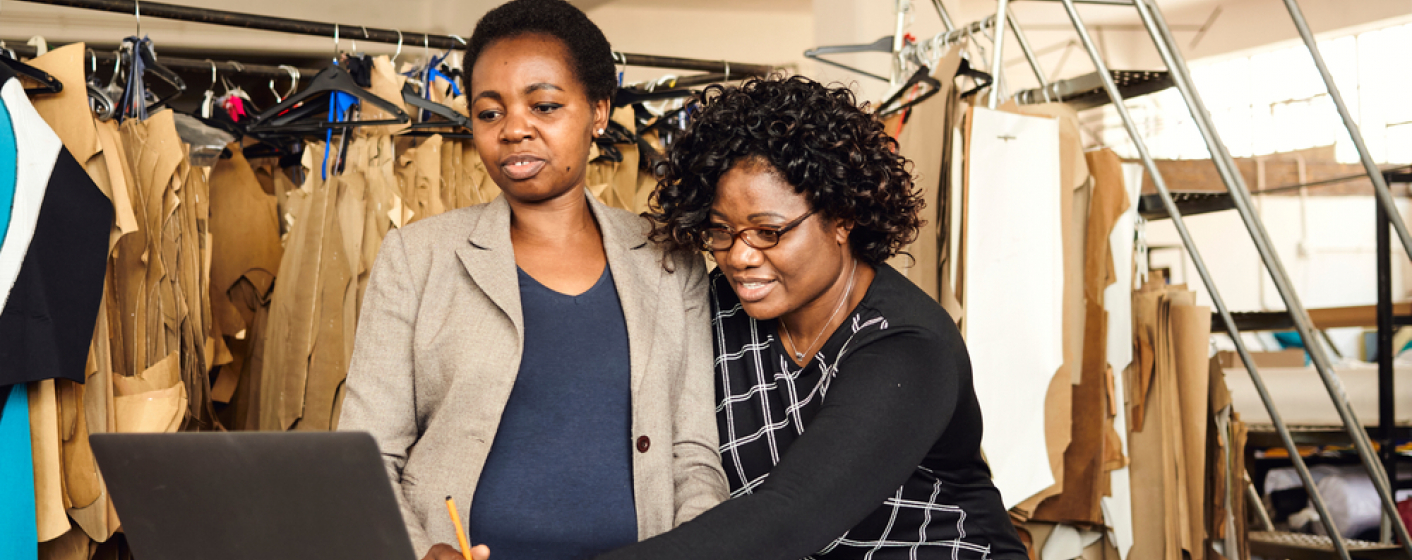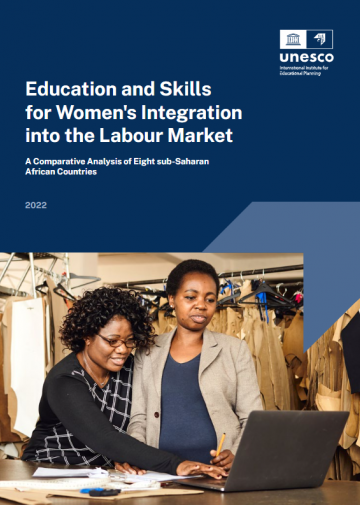Despite some progress, women in sub-Saharan Africa still face major obstacles in getting good-quality jobs
On average in the region, one out of four women work as contributing family worker (1) compared with one out of ten men, and eight out of ten have vulnerable jobs (compared with 6.7 men) according to a new paper on gender and skills in sub–Saharan Africa by IIEP experts.
In the recent paper entitled Education and Skills for Women’s Integration into the Labour Market: A Comparative Analysis of Eight sub-Saharan African Countries, authors Carolina Alban Conto and Alessia Forti focus on eight sub-Saharan African countries –Burkina Faso, Chad, Mali, Mauritania, Mozambique, Niger, Nigeria, and Sierra Leone.
In all these countries – except Sierra Leone – women are less likely to be employed than men. Even when employed, they often do not work to their full potential: part-time employment is much more of a reality for women than it is for men.
Job quality is a key challenge, too. Indeed, women tend to earn less than men, have limited access to decision-making positions, and are concentrated in ‘female occupations’ with less prestige and status. Women are also more likely to work informally, with lack of protection in case of illness, maternity, job loss, and old age.
Low-skilled women struggle the most: they display highest inactivity rates and lowest employment-to-population ratio. But highly skilled women, too, lag behind highly skilled men, suggesting that they face additional and specific challenges to find suitable jobs.
The reasons for the under-representation of women in high-quality jobs are varied and are rooted on factors such as gender norms and stereotypes, unpaid care at home, and legal frameworks that are unfavourable to women.
Governments are investing in gender-sensitive education policies that could (directly or indirectly) reduce gender gaps in the labour market. While these initiatives are welcome, parallel efforts are needed in other policy areas to create an enabling environment for women to find productive jobs.
(1) Contributing family workers hold ‘self-employment jobs’ as own-account workers in a market-oriented establishment operated by a related person living in the same household.



